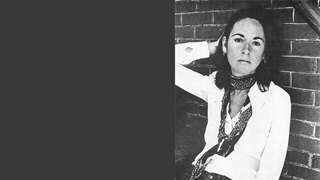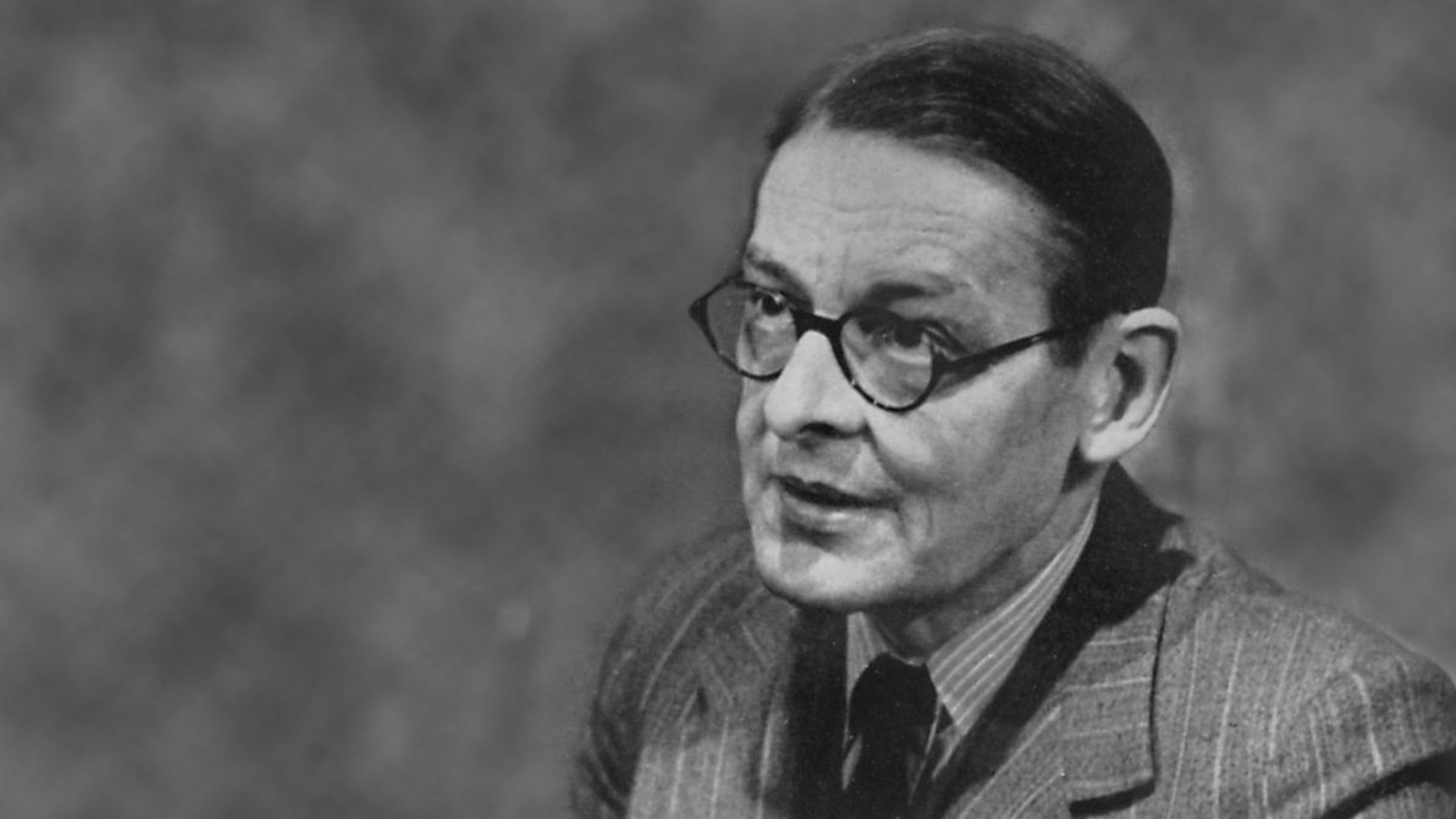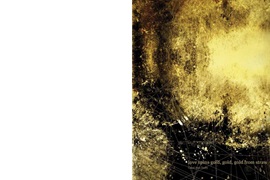
Louise Glück
'There was a time only certainty gave me any joy' | Alexandra Howe on the American poet Louise Glück | Issue 18 | 2020


Let us go then, you and I,
When the evening is spread out against the sky
Like a patient etherized upon a table;
When I was little, one of my favourite books was Old Possum's Book of Practical Cats (first published in 1939). My father gave a copy to my mother as a present before they were married. It is a collection of charming, whimsical poems about the secret lives of cats, which the American-born Eliot wrote for his godchildren. I read it over and over, committed to memory my favourite verses, fantasized about our family cat Arabella (he was male, but that's another story) leading a life of crime like the eponymous anti-hero of Macavity the Mystery Cat.
I was delighted to discover, when I was a little older, that T.S. Eliot had published some other things. The Waste Land admittedly sounded less jaunty, but my expectations were high. So shocked and baffled was I when I tried to read that poem, I was terrified of Eliot for the next ten years.
The Waste Land (1922), widely regarded as one of the most important poems of the twentieth century, and Eliot's response to—amongst other things—the final, cataclysmic years of World War I and the breakdown of his first marriage, is notoriously difficult and elusive. I know that now, and I am also now not fixated on cracking the meaning of a poem, like solving a riddle. It makes reading poetry an unpleasantly daunting experience, rather than a pleasure. I like the anecdote about Eliot being questioned on the meaning of a line in his poem Ash Wednesday (1930): 'Lady, three white leopards sat under a juniper-tree'. He said, "it means 'Lady, three white leopards sat under a juniper-tree'".
As Susan Sontag put it, a work of art is not just about something, it is something. And I think that the best way to appreciate this with poetry is to read it, or to hear it read, aloud. The third line in the quotation above from The Love Song of J. Alfred Prufrock is sometimes said to be where modern poetry starts. That is a slightly oppressive observation, because it makes you feel as though you need to understand not only what is meant by 'modern poetry' but also everything that went before it and how it was different; the entire history of poetry, really. And the risk of becoming overwhelmed with questions of semantics and context are that you no longer hear—or feel—the language. Read those three lines from Prufrock aloud to yourself, slowly, and savour the melody, the beauty, the strangeness and sweetness of the words. This, for me, is the purest pleasure of poetry.

'There was a time only certainty gave me any joy' | Alexandra Howe on the American poet Louise Glück | Issue 18 | 2020

'For thousands of seconds we kiss' | Sarah Webster on the UK's first female poet laureate, Carol Ann Duffy | Issue 2 | 2012
© Norton Rose Fulbright LLP 2025